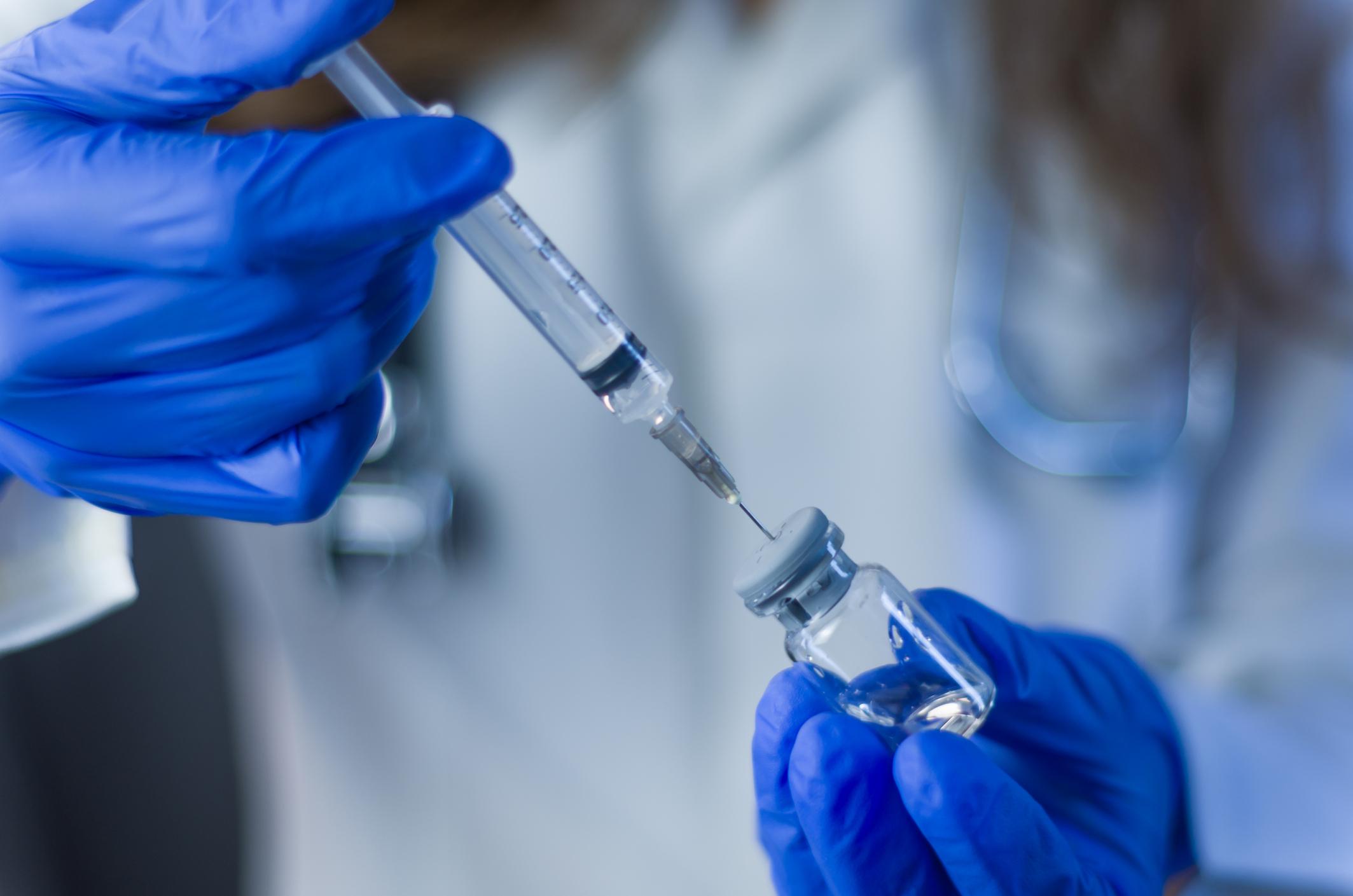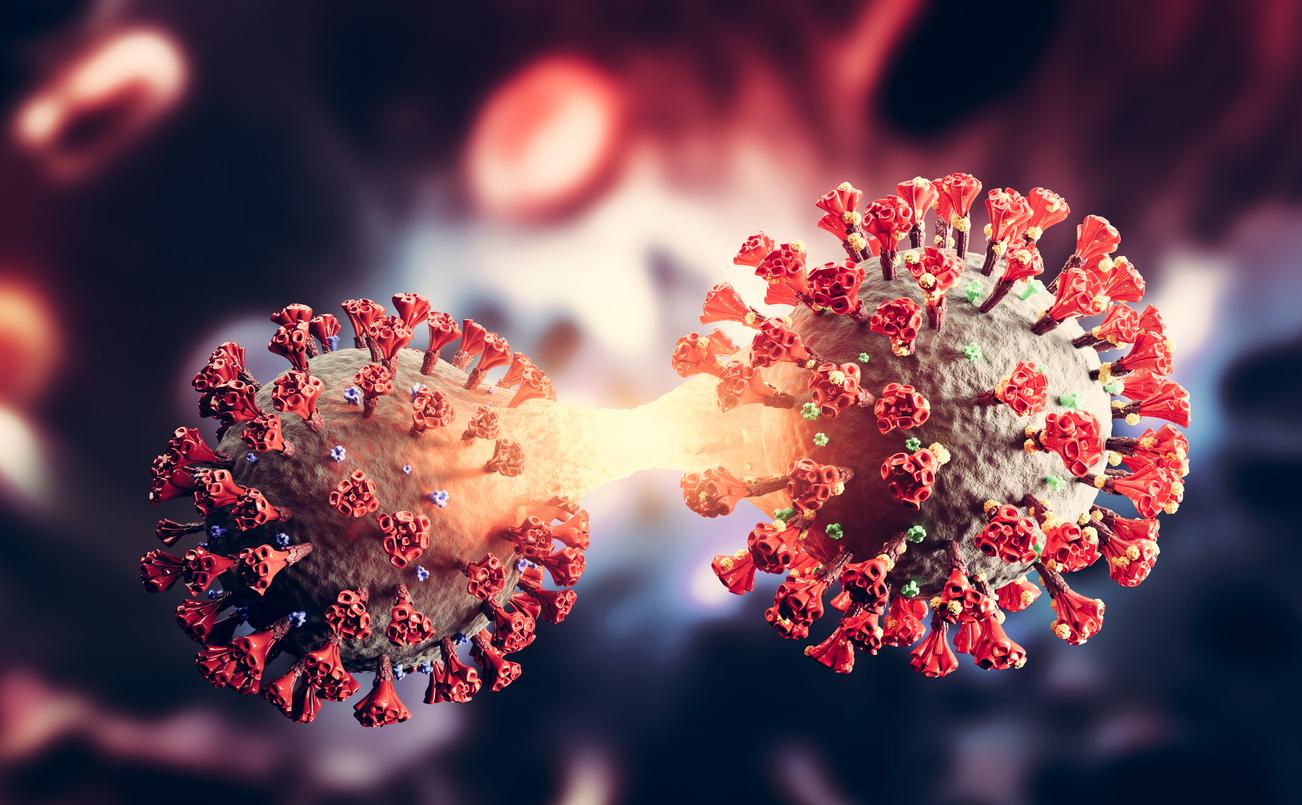On the occasion of a press conference, closing two and a half years of intense work on the Covid and no less than 300 meetings, the Scientific Council gave a (final) update on the epidemic situation and on the strategic options for the following.
How will the epidemic evolve this summer, then at the start of the school year?
“The peak of the epidemic has passed in France, confirmed Bruno Lina, virologist, before highlighting the decrease in the number of new cases of Covid-19. Admittedly, we are still seeing an increase in hospitalizations and deaths, but these were expected due to a delayed effect between contamination and hospital admissions.
The Chairman of the Board, Jean-François Delfraissy insisted on issuing a point of vigilance for the month of August, period during which the French will move to tourist regions, which will induce mixing and more frequent links between generations, in a context where the nursing staff is reduced in number due to holidays. “Despite the epidemic decline, we could have high hospital tension in the vacation areas. This requires a point of attention.”
And after the summer? Three scenarios are considered at this stage: 1/the emergence of a new sub-strain from the Omicron virus, 2/a new rebound caused by BA.2 (as a reminder, the Delta variant had caused a first wave on summer 2021, then a second in October), 3/the appearance of a completely different tougher variant escaping immunity. This last scenario being the least probable according to the Scientific Council.
25,000 Covid deaths in just 5 months
We are clearly led to live with the virus for another “long” period, the scientists said and clearly: “the epidemic is not over”. The situation is that said, reassuring according to them: “The risk of saturation of hospitals – if it is not ruled out – could be limited thanks to our immunity and the vaccines which protect against severe forms”, commented Arnaud Fontanet, medical epidemiologist. Even if, moderated, Jean-François Delfraissy, the hospital system is today in a state of “fragility”.
In addition, while the Council welcomes the end of the health law, which restricted freedoms, it stresses the importance of “maintain some control” to protect the most vulnerable.
The conclusion is the following: the still numerous deaths have passed into a form of oblivion. “There is a form of acceptability” of society and the authorities, underlined Jean-François Delfraissy.
Indeed, the number of cumulative deaths between 1er January and May 31, 2022 (so before the BA.5 rebound) is chilling, with approximately 25,000 deaths related to COVID-19 according to Public Health France (by comparison the flu causes between 7,000 and 10,000 deaths each year). “This figure, which may seem high in absolute terms and in comparison with the mortality of previous waves, has not yet aroused a particularly strong reaction within the population, which has welcomed the complete lifting of the measures of restriction of individual freedoms and constraints”, deplores the opinion of the Scientific Council.
Besides, the proportion of people over 85 among the deceased has increased significantly : in hospital, it went from 43% in March-May 2020 (first wave) to 83% in January-March 2022. “They are the ones who are dying the most from Covid today”, underlined Arnaud Fontanet.
The major challenge of “living with the Covid”: maintaining the protection of the most fragile
Faced with this epidemic situation, the health strategy that will be put in place in the coming months can take 3 forms.
- First option, we tolerate a high circulation of the virus, therefore, as a result, absenteeism and long forms of covid in particular and finally unequal care, the most precarious and fragile being the most exposed to severe forms.
- Second option – and this is the one recommended by the Scientific Council – a strategy taking into account epidemic rebounds, thus further limiting absenteeism and severe forms among the most vulnerable. This strategy involves, depending on the epidemic context, specific measures, such as wearing a mask in public and closed places.
- Finally last option, more radical, adopted (without real success) by certain Asian countries: strict measures (generalized wearing of masks, quarantine, reinforced tracing, etc.).
The second option is clearly advocated by the Scientific Council, which fears that the most vulnerable will be forgotten by the authorities and by the French. “The immunocompromised, i.e. 200,000 to 400,000 people, have recently become invisible”, commented Laetitia Atlani-Duault, anthropologist and member of the Scientific Council. People on dialysis, in treatment for cancer, immunocompromised, etc. yet have a high risk of death in the event of Covid infection and, she specified, “they represent 40% of patients hospitalized for Covid!”.In addition, in them, vaccination is less effective. The Scientific Council therefore fears their isolation and exclusion from public space. And calls for their active support and the solidarity of the population towards this group, but also towards the most precarious and the oldest.
“If we decide to live with the variants, protecting the most fragile is fundamental”, thus summed up Jean-François Delfraissy.
What concrete measures to protect the most vulnerable?
To improve their care, the Council recommends in particular greater use of the preventive treatment Paxlovid“short, easy to use and accessible in pharmacies”, again recalled Denis Malvy, infectious disease doctor.
But also and mostly : to maintain booster vaccinations. It is the essential tool in the fight against the Covid. The Scientific Council therefore insisted on the need to maintain booster vaccinations for those most at risk of a severe form. “The most fragile must be vaccinated now”, hammered the CS. In the meantime, the new bivalent vaccines planned for “mid-October” and more targeted against the variants. The two booster vaccinations are complementary, they explained, emphasizing that it is the variety of vaccines offered that broadens the spectrum of protection.
An effective but “not sufficiently” used means: ventilation. The Scientific Council also recommends paying particular attention to air quality, through the ventilation of schools, the installation of ventilation systems in public places, or the installation of CO2 sensors. According to the scientists, the data is clear: better ventilation reduces the circulation of the virus, not limited to Covid. This is important, and regardless of respiratory infections, it also limits allergies or even cardiovascular risks!
Source : press conference and opinion of the Scientific Council, July 21, 2022.
Read also:
- Covid-19: what to do with non-vaccinated caregivers?
- Variant BA.2.75 (centaur): what we know about this new variant of Covid-19
- Positive test: isolation, contagion… What you need to know
















